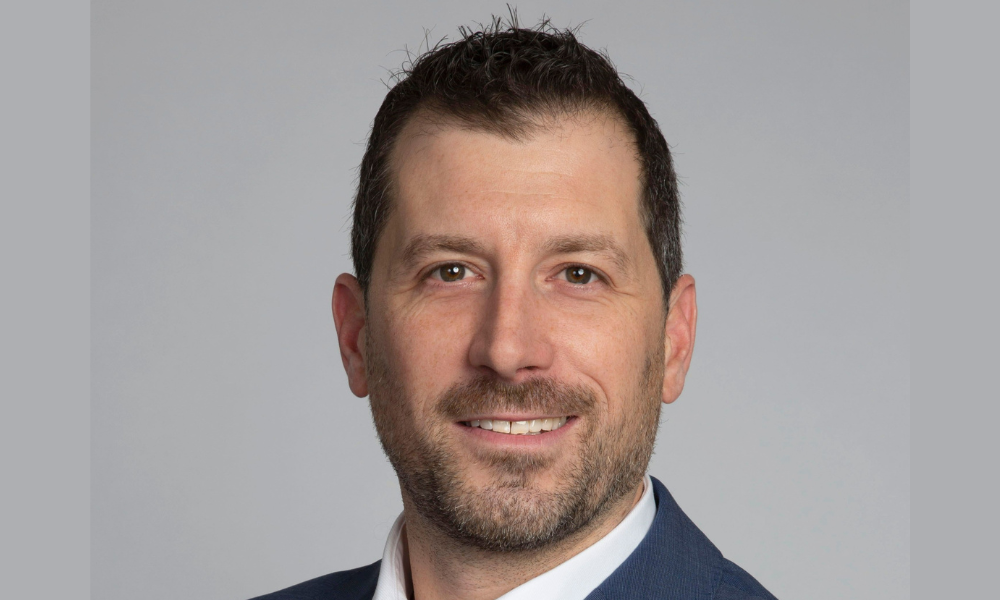Agricultural consolidation and urban sprawl are jacking up farmland prices in Ontario, Andrew Ehgoetz helps his clients sort through the implications

The average value per acre of farmland in Ontario has risen by more than two-thirds in just four years. According to Statistics Canada an acre of farmland in Ontario was worth an average of $11,786 in 2019. In 2023 that same average acre is worth $19,685. That’s also a province-wide number. Farm Credit Canada publishes historic data by region which shows dramatic increases in farmland values around Canada’s more populated regions. For example, Vancouver Island farmland values have more than tripled between 2013 and 2023. Southwestern Ontario prices have doubled in that same period.
Andrew Ehgoetz has seen that increase firsthand. The senior financial advisor at Assante Capital Management Ltd. in Stratford, On. is also part of a farming family in Southwestern Ontario. A significant portion of his client base are farmers. He explains that a combination of urban sprawl and agricultural consolidation by large-scale farming conglomerates has resulted in this dramatic increase in land value. As an advisor to farming families, Ehgoetz has to deal with the effect of this increase and situations where many clients now face potential significant windfalls.
“That rapid appreciation has made it more difficult for people to pass on the family farm. You’re dealing with larger numbers and the potential tax implications. We saw with the most recent budget and the changes to the capital gains inclusion rate, there can be a larger cost to transfer if you’re selling,” Ehgoetz says. “People should be leaning on their tax professionals and experts in that field to get an assessment before they do anything because there has been such an appreciation.”
Fundamental to Ehgoetz’s work in these situations is the balance between emotions, goals, gains, and the next generation. A farmer may see the rapid appreciation of their land value and be tempted to sell, blinded by the number, without considering that they want to keep farming. A farmer could also reject the potential of taking a windfall now, expecting that their children will inherit the property. That next generation, though, may have no interest in farming whatsoever. Ehgoetz has to untangle all those competing desires and interests, be they within one person or within a family.
He begins by asking questions. The first is whether the client actually needs to access the value of their land. The second is how they see it working with their overall plan. The third is whether they are aware of the tax implications. From there the questions turn more emotional. Ehgoetz asks what their goals are for the farm, and whether a client wants their children or grandchildren to keep farming that land. In many cases, these family farms are held for generations, turning that question of goals into a deeply difficult choice for some clients.
The questions of planning around a land value windfall are largely questions of succession plans. Ehgoetz says that the succession planning conversation can rapidly widen out to the broader family, other cousins and siblings with a connection to the family farm. There are often issues of dissonance, where the farming parents want one thing for their children, but their children or grandchildren want another. Ehgoetz tries to solve this by facilitating family meetings. In those meetings he functions as the arbiter, able to temper any emotions that emerge as a dispassionate outsider helping to move the conversation along. As that facilitator, he can help a family arrive at consensus around the fate of the farm, and then bring in the tax and estate professionals needed to execute on that plan.
For other advisors who work with farming clients, Ehgoetz encourages them to take a similar approach. Asking questions, making plans, and involving the whole family can result in successful outcomes for any business-owner client, and farmers are fundamentally business owners. As always, the key is in asking the right questions that help a client determine what they actually want to be doing.
“It becomes a bit philosophical, but you’ll ask them ‘if you had a bunch of money in the bank what would you want to be doing tomorrow, next year, in two years, or in five years?’” Ehgoetz says. “There’s such an emotional attachment to the farm that even when people know how valuable the asset is, they want to keep farming.”



